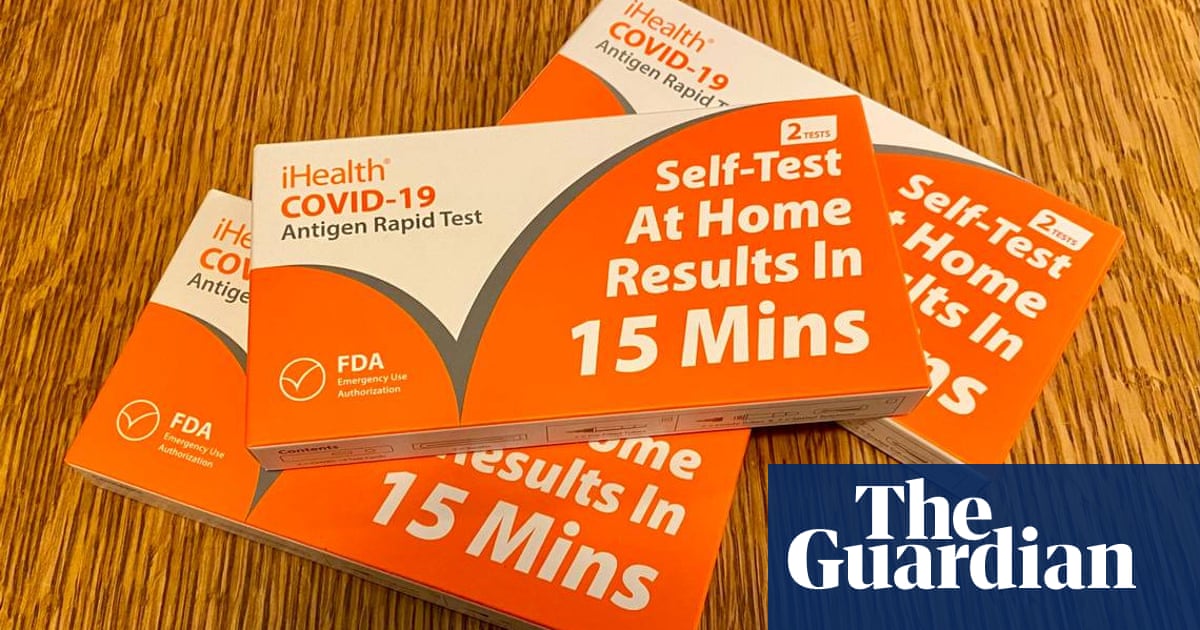- cross-posted to:
- [email protected]
- [email protected]
- cross-posted to:
- [email protected]
- [email protected]
Summary
Covid cases are surging across the U.S. post-holidays, with rising test positivity, hospitalizations, and deaths, while booster uptake remains low.
Only 21.4% of adults and 10.3% of children have received the latest booster, leaving vulnerable groups, including the elderly, at higher risk.
Experts warn of continued dangers from Covid, including long Covid and economic impacts, as the virus has not yet reached an endemic state.
With uncertain federal priorities, researchers stress the importance of monitoring infections, updating vaccines, and using preventive measures to mitigate future waves.



Genuine question (not an anti vaxxer): If the vaccine doesn’t stop you from getting the virus (my understanding is that it makes the symptoms less severe but doesn’t prevent the infection), how does it help keep it from spreading?
It both reduces chance of infection and severity of infection, and furthermore reducing the symptoms makes it less transmissible because the congestion symptoms are part of how it moves from person to person (coughing and such). The vaccines aren’t perfect because covid can evolve so quickly but they’re miles better than nothing
Thx!
No, Chance of infection is unchanged. Only environmental factors like masks, hygiene and location stop a virus from entering the body.
No, Viral load is unchanged.
Yes, symptoms are reduced.
Yes, recovery time (and therefore time in an infectious state) is reduced.
Your link is to one study at one point in time with the mutations that were currently prevalent and the vaccines at that time. Beyond all those limitations, it was also only looking at identified breakthrough infections.
Here is a counter example study.
People have a tendency to cherry pick and misinterpret studies. That’s what experts are for.
As opposed to what? Testing people without Covid?
Can’t access the details for your link (maybe because you didn’t link to an actual published paper), but it may be discussing total viral load. Total viral load, measured over many days, is lower when vaccinated, but peak viral load is not statistically different whether vaccinated or not.
When it mattered there was no significant difference in cycle threshold values between vaccinated and unvaccinated persons infected with severe acute respiratory syndrome coronavirus 2 Delta, overall or stratified by symptoms.